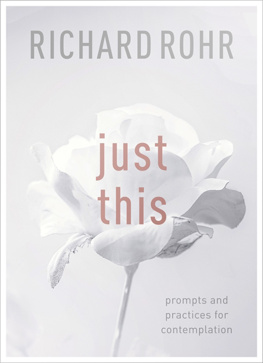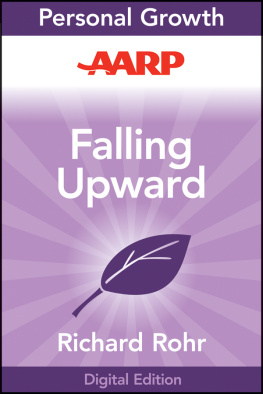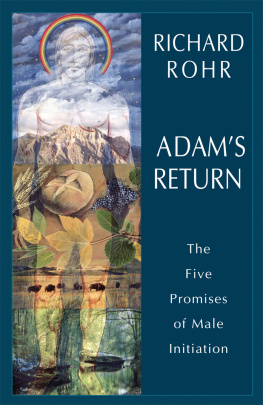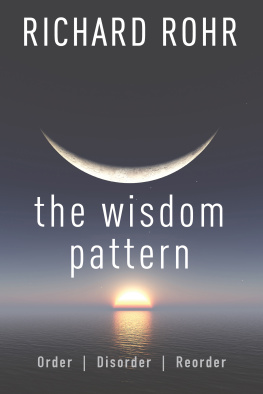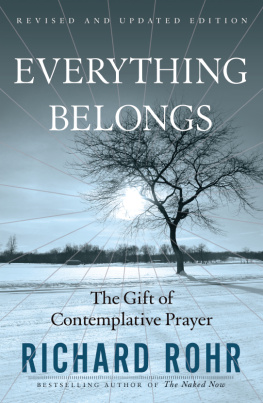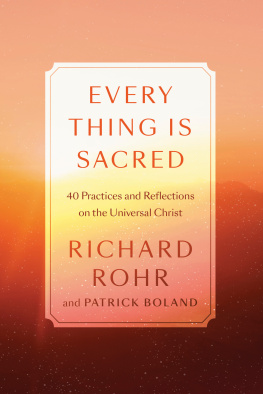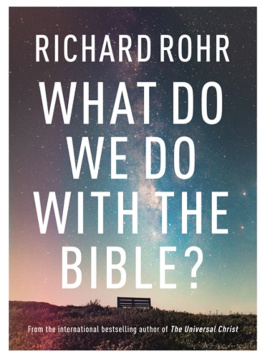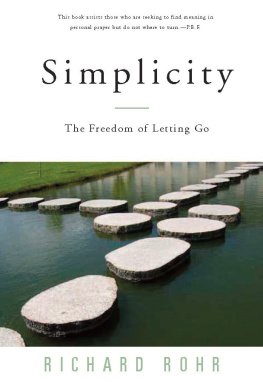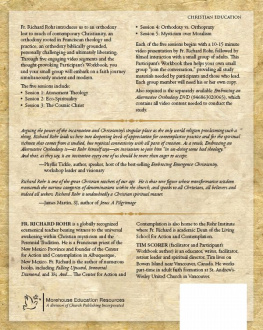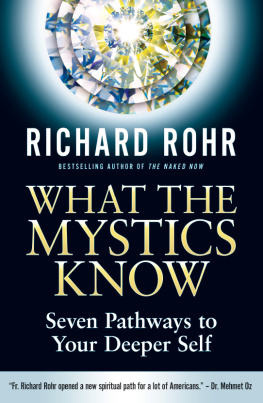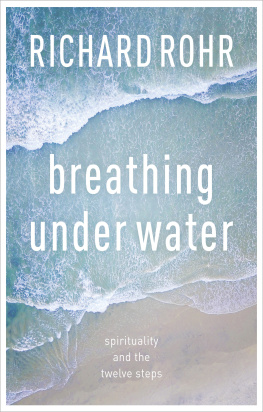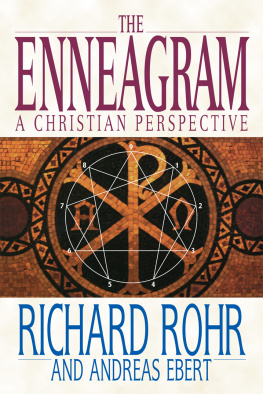practices and prompts
When I was a boy, to practice had a negative connotation, evoking images of hours of laborious sitting on the piano bench or shooting hoops. But now, spiritual mentors are offering the discipline of practice as the foundational and necessary work of retraining our minds and our emotions. We need practices to help us realize that our minds and emotions are on cruise control, unconsciously trapped in a repetitive, even obsessive pattern that limits our ability to see or to truly understand. Practice is no longer seen as optional, but as a practical necessity if we are to cultivate any fresh or authentic responses. Without it, nothing new is really able to happen!
Practice is an essential reset button that we must push many times before we can experience any genuine newness. We might think of it as the familiar Ctrl+Alt+Delete override that many of us use to restart our computers. Without practices that change our responses, we just keep endlessly repeating our culturally trained and already well-practiced survival and control mechanisms.
Practices that rewire the brain and the emotions reveal the seeming neuroplasticity of the brain and its amazing capacity for rewiring. Whether were aware of it or not, we are practicing all the time. When we operate on our habituated patterns, we strengthen certain neural pathways, which makes us, as the saying goes, set in our ways. But when we stop using old neural grooves, these pathways actually die off! Practice can literally create new responses and allow old ones to show themselves. By the same token, not repeating a habitual response can cause it to die off. We humans are all addicted to our own way of thinking and feeling, it seems. It might just be the one universal addiction.
It is strange that we have come to understand the importance of practice in sports, in most therapies, in any successful business, and in any creative endeavor, but for some reason most of us do not see the need for it in the world of religion, where it is probably more important than any other area. New wine demands fresh skins or otherwise we lose both the wine and the container, as Jesus put it (see Mark 2:22, Luke 5:3738). Practices, more than anything else, create a new container for us, one that will protect the new wine we wish to take in.
Contemplative practice, or what we once simply called prayer, is Gods answer to our addictions to our habits , a completely different processing system or thinking cap, as the nuns used to call it. Fr. Thomas Keating calls various contemplative prayer practices the divine therapy that has been available to all since the beginnings of human consciousness. But most of us now need to be taught this healing form of prayer practice, since it no longer comes naturally or is taught wisely or broadly. In fact, the postmodern, overstimulated mind is actually anti-contemplative.
Practice is important because mere willpower (I will do it!) or enforced behavior (You must go to church on Sunday!) does not actually change our attitude or interior space. It only creates the kind of passive and passive-aggressive Christianity that is so much the norm today. The old self may temporarily think some new ideas, join a new group, or try some new behaviors, but they (like guilt-based diets) are usually not successful for long or at a deep level.
A foundational rewiringan inner change of actual attitude and conditioninghas to take place for any change to last long-term. On a diet, that would mean not just saying, I am going to eat less, but completely reworking my attitude toward food itself. Otherwise, our preconditioned brains will win every time, and we will see little actual growth or lasting change in ourselves, or in our family and friends. Our foundational life responses end up being the same at age fifty-five as they were at age twenty-five. It is actually discouraging to notice how often this is true, even among seemingly mature people.
Many are convinced that rituals and practices like daily Eucharist, the rosary, processions and pilgrimages, repetitive chants, genuflections and prostrations, physically blessing oneself (which we call the Sign of the Cross), singing, and silence have operated as a kind of body-based rewiring . But, over time, as these practices turned into repetitive obligations, they degenerated and most people came to understand them magically, as divinely required transactions. Instead of inviting people into new consciousness, they often froze people in their first infantile understanding of those rituals, and transactions ended up substituting for transformations .
Mindless repetition of any practice, with no clear goal or purification of intention, can in fact keep us quite unconsciousunless the practices keep breaking us into new insight, desire, compassion, and an ever-larger notion of God and ourselves. Catatonic repetition of anything is a recipe for unconsciousness, the opposite of any real consciousness, intentionality, or spiritual maturity. If spirituality is not a very real growth in both inner and outer freedom, it is not authentic spirituality . It is such basic unfreedom that makes so many people dislike and mistrust religious people.

